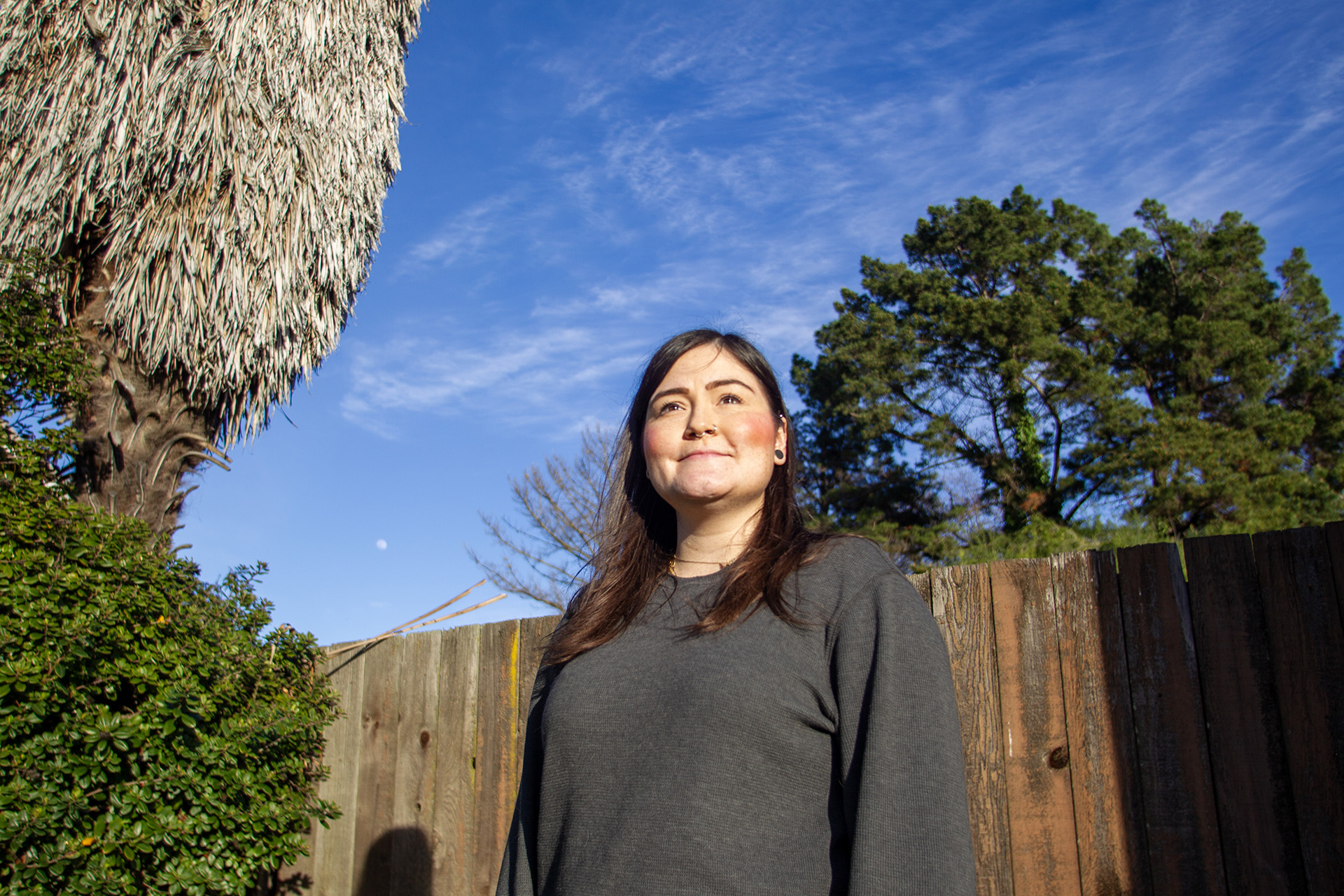Finding Collaborative Solutions
When Kaiser Permanente therapists and leaders brainstormed about ways to break barriers to mental health care and increase access — part of an ambitious work to build a national model for mental health care delivery — they reached out to patients and families for input and feedback.
“The patient’s perspective is important in finding collaborative solutions, and delivering the best care for patients,” said Stuart Buttlaire, PhD, a veteran clinical psychologist and mental health leader at Kaiser Permanente Northern California. “We really want to bring the patient’s voice into mental health care, hearing their experiences and what makes sense to them — what they think is successful care, what is a good outcome.”
That’s why Kaiser Permanente established the Behavioral Health Patient Advisory Council in 2014, said Buttlaire, who is co-chair of the volunteer group composed of 7 patients and family members, a psychologist, a psychiatrist, and an administrator.
In this forum, Kaiser Permanente mental health professionals work alongside patients to ensure that the patient voice is heard by empowering them and their families to speak out about ways of improving behavioral health services, member safety, and share their care experience.
“Hearing family stories impacted me personally and we really bonded with them closely,” said Buttlaire. “We’ve had some great learnings, like hearing from a member who had a positive inpatient experience and what process they went through, to helping change how patient information is shared.”
This year, the council focused on a co-design project exploring ways of addressing, and breaking, barriers to mental health care in our communities, through human-centered design approaches. That included addressing the needs of a diverse community, where the stigma of mental illness can be fraught with cultural and language barriers.
“I am particularly happy to be giving a voice to the Chinese community,” said one patient and member of the council. She is a Bay area mental health care advocate and educator who has told her story of struggling with mental illness in her family.
“As part of the council, I’m proud to have worked on getting educational materials in more languages so that additional communities will have better access to the information they need. It’s rewarding,” she added.
Therapists and mental health departments are routinely consulted by the advisory council to make sure that the member voice is integrated in the delivery of mental health care through planning, therapist choice and relationship, access to care, and overall quality.
“Kaiser Permanente’s continuous quality improvement culture acknowledges and highly values input from patients and members,” said Yener Balan, MD, Executive Director of Behavioral Health, Kaiser Permanente Northern California, and co-chair of the regional council. “To ensure the best possible care for our patients, we seek and welcome experiential stories and strive to be honest and transparent.”
Collaborative feedback from patients and therapists have provided valuable insights that have influenced care improvements in:
• First appointment questionnaires
• Care experience in the Emergency Department
• Call center processes
• Leveraging community advocacy in providing care
• Anti-stigma campaign for employees and members
For one artist and longtime Kaiser Permanente member who has struggled with depression but found healing in art, being part of the council makes her “feel like an integral part of the decision-making process.”
“I feel that others listen and this is validated by the feedback we’ve gotten from various departments,” said the woman, a patient advisor on the council. “I am a conduit for other patients to bring forth issues and ideas and I like it because you see how our work is making a difference.”
The council meets at least 8 times a year, and volunteers serve 2-year terms. Patients and their family members who would like to be considered as volunteer member of the Advisory Council can reach out to their doctor and ask that their name be submitted.





This Post Has One Comment
Provide mental health services in smaller satallite offices, go to schools, and community centers. Mental health should be accessible to all.
Comments are closed.